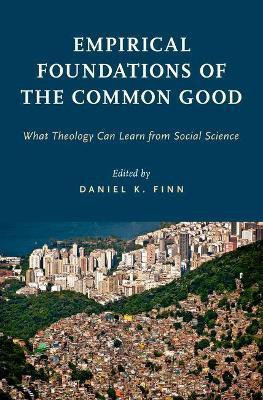Empirical Foundations of the Common Good(English, Hardcover, unknown)
Quick Overview
Product Price Comparison
What has social science learned about the common good? Can that knowledge improve the views of the common good held by philosophers and theologians? Would humanists ever even alter their definitions of the common good based on what social scientists say? Most view the assumptions undergirding social science as inadequate to a full understanding of human life. In this volume, six social scientists, with backgrounds in economics, political science, sociology, and policy analysis, speak about what their disciplines have to contribute to discussions within Catholic social thought about the common good. Two theologians then examine the insights of social science, including such challenging assertions as: that theology too often ignores the data of everyday life, that it is overly irenic, that it neither understands nor appreciates the unplanned order arising from individual interactions, and that it does not grasp how contention among self-interested nations and persons can be a more effective path to the common good than simply advocating cooperation and brotherly love. This volume's interplay of social scientific and religious views is a unique contribution to contemporary discussion of what constitutes "the common good."


